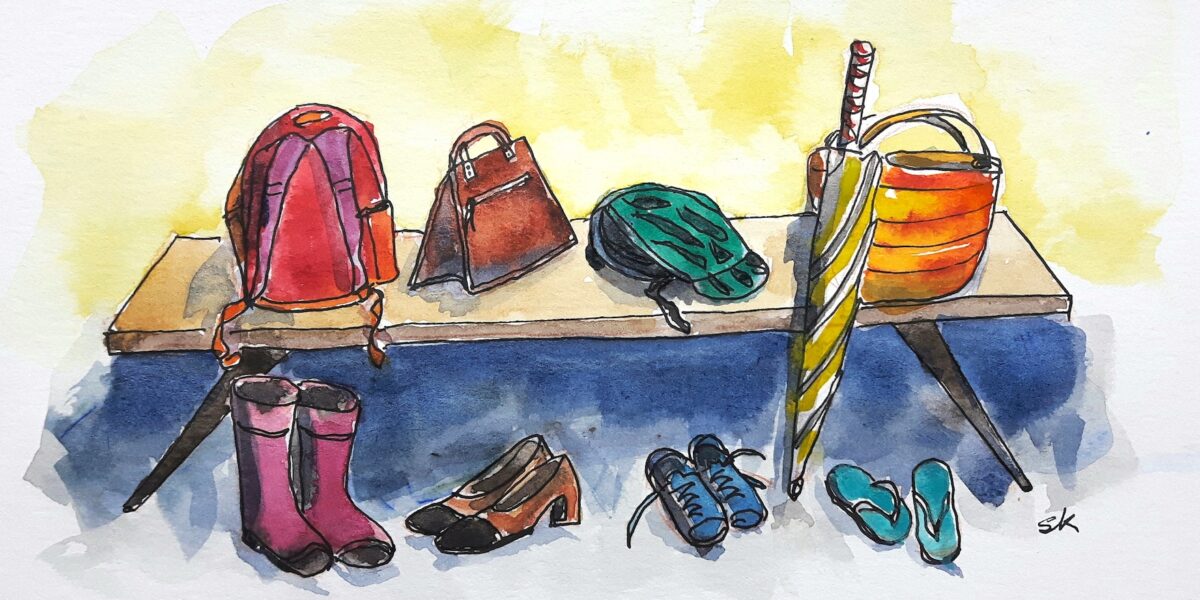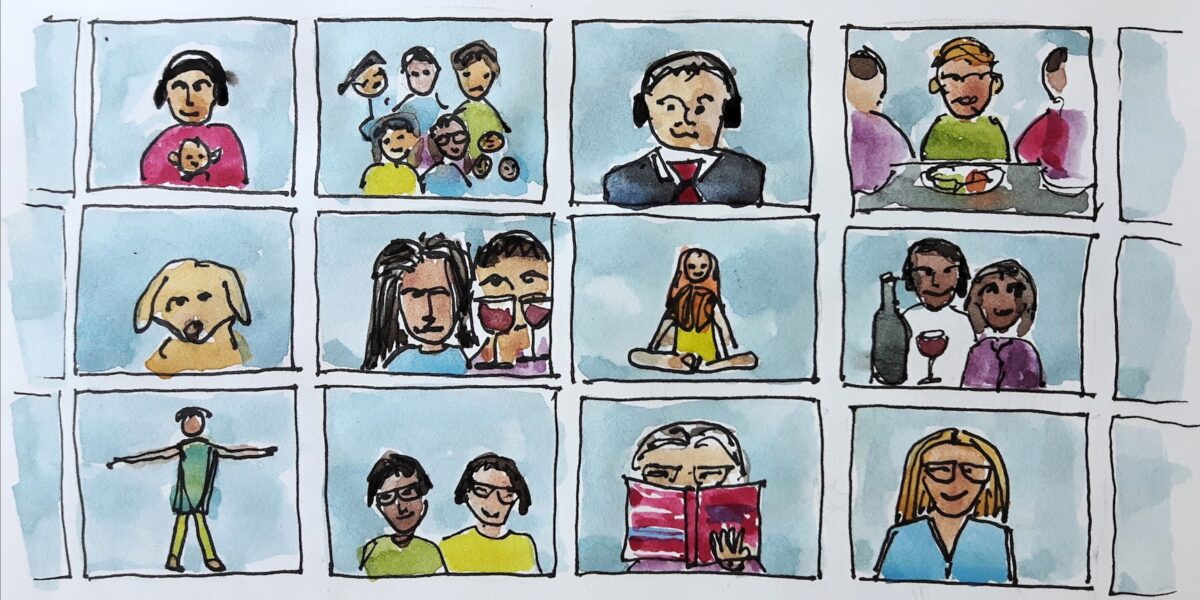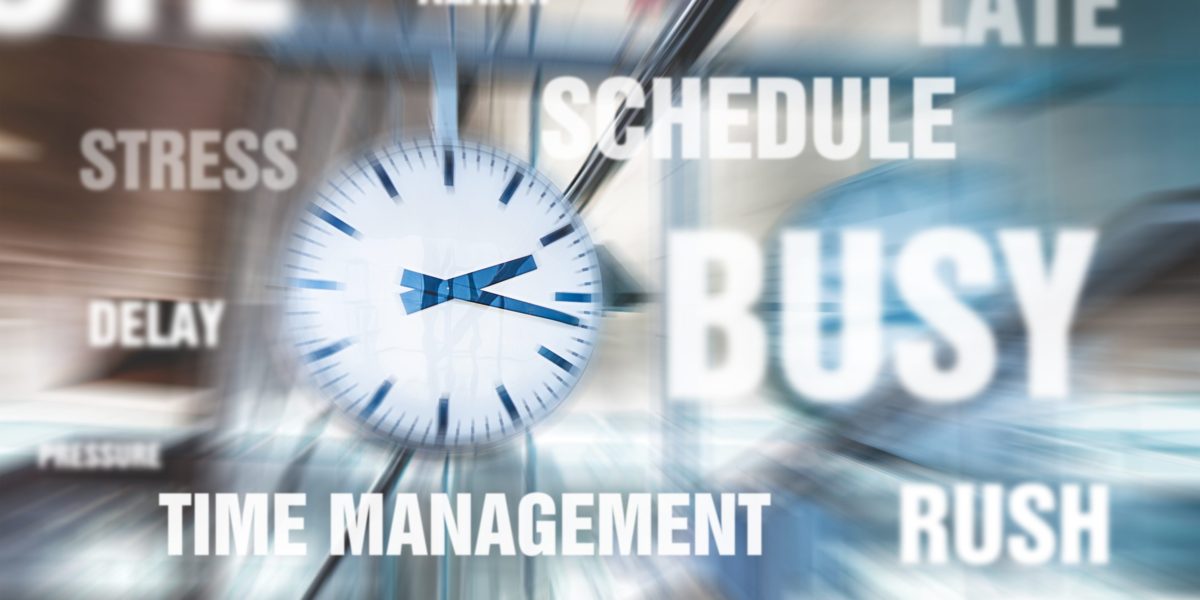A lot of my lovely current clients are dealing with anxiety at the moment, as so many people are, and wishing to turn the dial down, turn off huge anxious or panic responses, and get back to a sense of normality, in certain situations at least! Once they’ve experienced the amazing healing that both NLP and Havening Techniques can offer them, where they’ve settled dramatically and turned “off” the main panic response, they are noticing that they still might get “triggered” and are now pondering, what’s normal? How much can you realistically “turn off” and how much do you want to, actually? What’s normal and what’s not?!
These are very interesting ponderings, and of course, I have a professional opinion on this. So let me answer that for you:
There’s a big difference between an organic surge of adrenaline, in response to a trigger in your environment that’s out of the ordinary, and the layering on of thoughts – known in Buddhist psychology as the second arrow – which creates anxiety and/or panic for you, and/or makes that normal organic response worse and escalates things. We also need to consider: how debilitating is this issue right now?
- The Organic Surge of Adrenaline: Here’s the scenario: your nervous system has a good baseline, you’re fine. You’re walking around, living, and feeling OK or good. Something “not normal” happens, a trigger. A car cuts in front of you on the motorway causing you to swerve. Your amygdala, the fear-detecting and safety-making part of your brain takes this information in very quickly through your senses, and sends a message to your adrenal glands to create extra energy, because your life’s been threatened, and you don’t want to be asleep for that….. you want to be able to spring into action now. Once the perceived “threat” is over, you recover and go back to your baseline OKness/goodness.
- Layering or the Second Arrow: In the midst of a scenario like the above, your Nervous System is unable to just let the adrenaline surge and peak simply come and go. There’s past trauma in the mix, a reason to try and control things to the max. So now we have: OMG, it’s happening again! Why does this always happen? I was just anxious then! It might happen again tomorrow! I should be better about this by now... and so on, and so on. Sometimes we can perform this layering process in the ABSENCE of an organic response, just by THINKING about the possibility of an organic response, or even one that you’ve had in the past. You get anxious right then and there, or exacerbate the anxiety that was organically and USEFULLY triggered.
Look – you actually can’t programme yourself to be a robot, no matter how hard you try. We’ve inherited this brain through evolution and there needs to be a level of respect for this ancestral heritage. Your brain is designed to keep you safe, respond to alerts and threats by surging your adrenaline so you can do what needs to be done in the moment with energy. You want to turn off this response completely? Good luck in an actual emergency. Well, you won’t need luck, cause you can’t turn it off completely, your brain won’t have it. You CAN teach it what’s appropriate to respond to and not, and turn the dial down when it’s NOT a functional response, absolutely yes! I feel like this is the essence of what I do in one context or another.
Do you have agency over #2, then? Absolutely yes! The layering over of thoughts that trigger or exacerbate the anxious response is absolutely within our control, and often I seek to heal this FIRST and re-train those thought pathways, so we can then get to the core issue, and the rest is organic from there, and you can enjoy your amygdala doing its job in an organic and functional way.
See if you can start to tell the difference between the two?
Much love, Charlotte.


